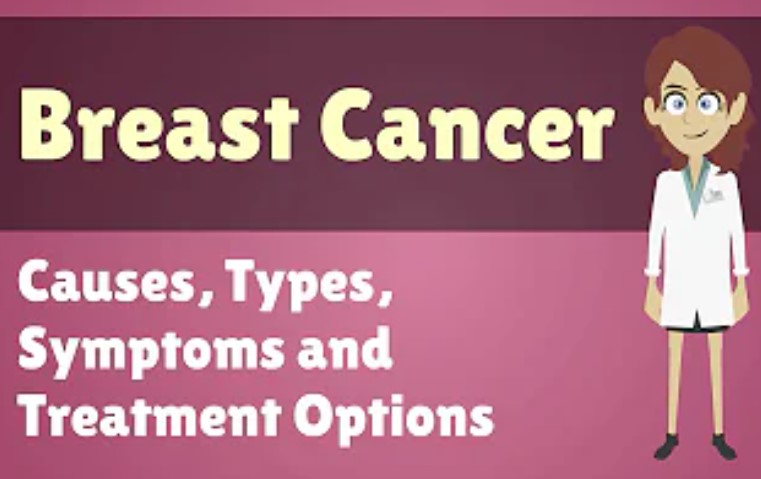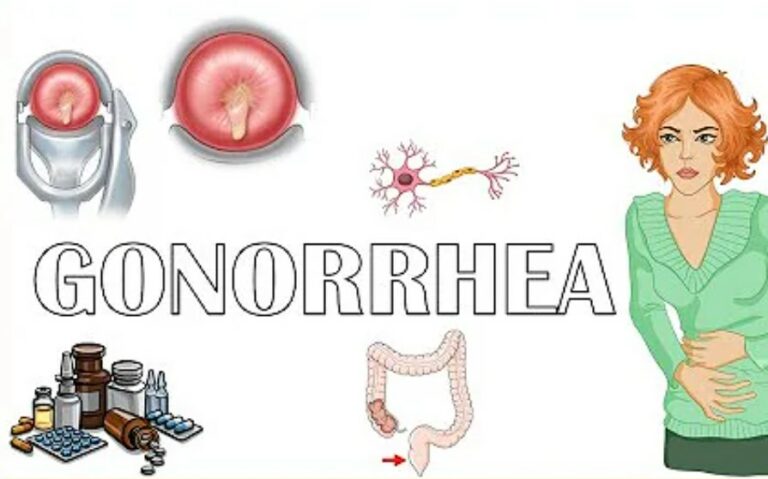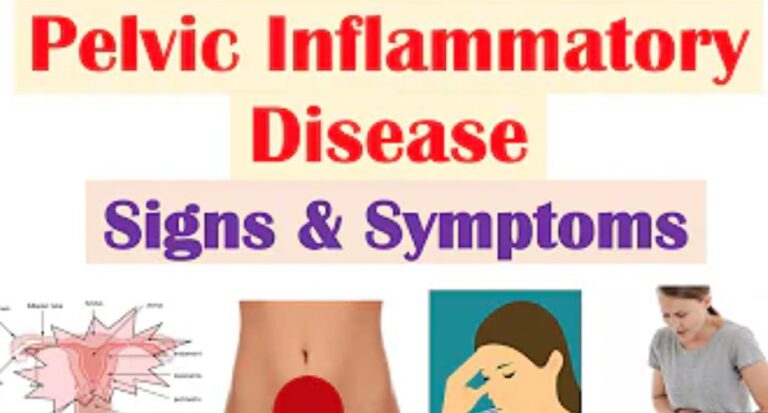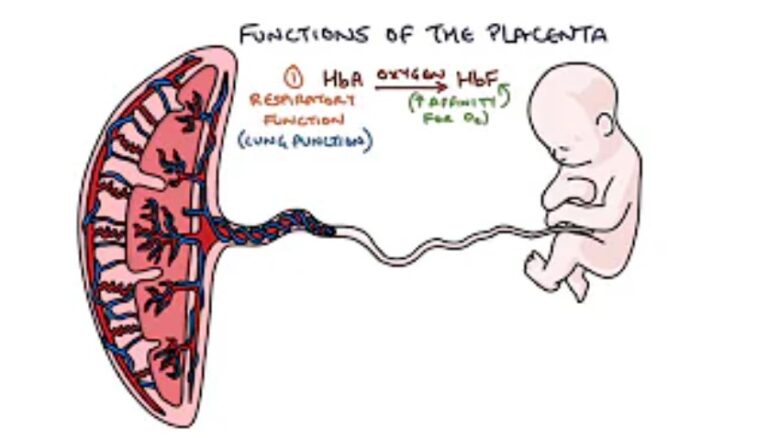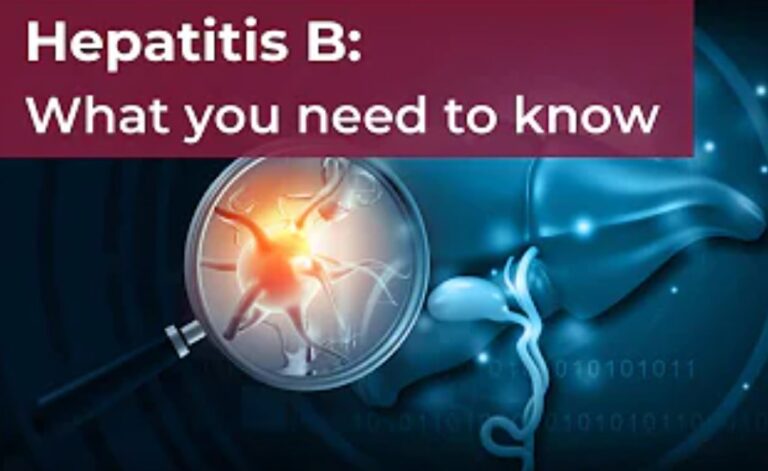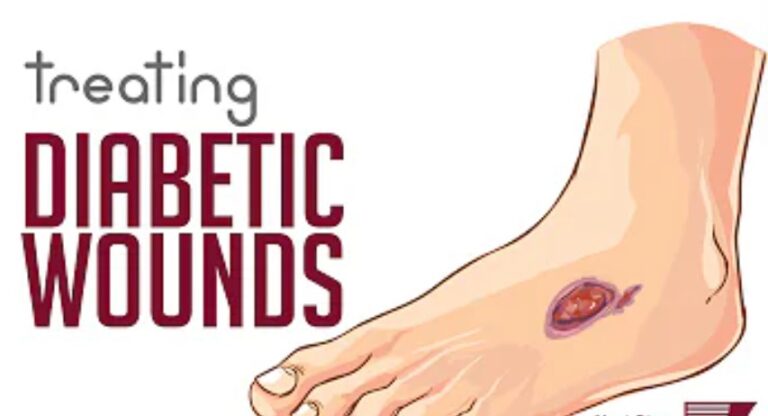Breast Cancer: Causes, Symptoms, Prevention, Treatment
Breast Cancer is the most common type of cancer in a woman. It is the most type common cancer in Nigeria, followed by Cervical cancer and Prostate cancer. It is also the most common reason why people die from cancer in Nigeria.
What is Breast Cancer?
Breast cancer is the name given to Cancer that begins in the breast. If you are wondering what cancer is, just imagine that the body is a car, with all its parts as organs. Then, out of nowhere, for no reason, the tyre of the car starts to grow big and increase in size. You try deflating the tyre, no way. You try puncturing the tyre, but it doesn’t work. Nothing you did was able to stop the tyre from growing bigger. – That’s just a summary of how cancer behaves. The only solution is to take the Tyre out.
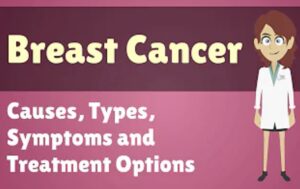
Imagine this happening in your breast. A small seed-like lump that you felt last month, and think it’s nothing, has all of a sudden, grown to the size of a palm kernel. Before you know what’s happening, it’s now the size of an orange.
There are different types of breast cancers but we wouldn’t be talking about that today.
What is the cause of Breast Cancer?
There is no single cause of breast cancer. The most important factor that puts one at risk of having breast cancer is Genetics. This means having a direct relation that had breast cancer (maybe mother, sister, etc) or some other type of cancer. It’s what some people would say as “It is in the blood”. That’s just Genetics.
Other factors that can make one have breast cancer are Age, No of Pregnancies, If breastfeeding or not, Use of Drugs (particularly contraceptives), etc. These factors are not so well understood as the mechanism by which they cause the disease, hence we would like to keep it simple here. You could talk to us below for a better explanation.
How do I Know if I Have Breast Cancer?
There are a few signs that you may notice on your breast that might suggest you have Breast cancer. One important one as we have mentioned earlier is A Lump/mass/swelling inside the breast.
Other signs are mass or pain in your armpit, discharge from your nipples, breast pain, or retraction of your nipple (A nipple that has changed position or an inverted nipple). You might also notice a dimpling of your breasts.
What do I do if I notice any of these signs?
As we mentioned above earlier, once you notice any of the following signs, especially a lump/mass in your breast, you must book an appointment with your doctor particularly your Gynaecologist for examination and investigation of the lump to determine what it is.
What do I do if I have Breast Cancer?
If breast cancer is confirmed, your Gynaecologist is going to give you the possible treatment options. This depends on the stage at which it was discovered and that’s why it’s important to detect it early.
Various treatment options are available, Such as a Lumpectomy (where an incision is made into the breast and the lump is removed) but like we explained with the tyres of the car, the breasts may have to be removed (Mastectomy).
In advanced cases, this alone isn’t enough. Drugs (chemotherapy) and radiation (Radiotherapy) would also be included in the treatment.
It is multidisciplinary management.
About Mastectomy, You Should know that:
- A breast disease by cancer is not useful and should be removed if necessary.
- Breast cancer often starts in one breast but could spread to the other breasts
- The earlier a breast diseased by Breast Cancer is removed the better to prevent the spread to the other breasts
- If one breast is removed and the woman is well, she can still get pregnant and use the other breast for breastfeeding.
How do I Prevent Breast Cancer?
It is not exactly very easy to prevent breast cancer, especially if you have a relative who has had breast cancer, which means that you have a genetic association with it. However, different options for prevention include:
- identify risk factors that can make you develop breast cancer and modify it or remove the factors so that cancer will not develop. This includes prophylactic mastectomy (removing the breasts even without any cancer yet).
- Also, Breastfeeding has been shown to have some good results in preventing Breast Cancer.
- Some drugs reduce the incidence of breast cancer, such as Tamoxifen. However, you should talk to your Gynaecologist for options on this. you could contact us below for a referral to the nearest gynaecologist in your area.
Can I Screen for Breast Cancer?
- We recommend self-examination for all females who have attained puberty (developed breasts and seeing their monthly menstrual flow). You should occasionally press against your breast and feel it for any signs of lump or swelling. You could do this weekly. The aim is to detect it early.
- Mammography: You could do this once every year. The aim is also to detect any changes in the breast early enough for the best treatment.
Story of a Breast Cancer Survivor
As we End This, we would like you to read the story of a 9-year-old breast cancer survivor, Diane Joseph adapted from Sun News as follows: “My story began November 2011 when I felt a slight burning sensation in my right breast. I was working as a daycare provider and neglected to do anything, hoping the burning sensation was temporary.
On New Year’s Eve, in 2011, the pain was so severe that I scheduled a mammogram for the first week of 2012. A few days later, I received a call telling me to return for a second test.
A few more days passed and I received a call telling me that there were suspicious findings on my film that needed further testing. My previous mammogram had been in October 2011. So, what could be wrong? I asked myself.
She said: “I had nowhere to turn. I did not know what to do because the place that did the mammogram only told me to ask my primary care doctor. At that time I did not have a primary doctor.
“I called my older sister and she told me to go to a gynaecologist. I explained the situation to the gynaecologist and immediately she found a doctor to give me a biopsy. I was so frightened, not knowing what to expect, still hoping that there was a mistake in my films. The following day I received a call from my gynecologist asking me to come back.
“Two doctors spoke with me. ‘I am sorry, you have breast cancer,’ they said. Here came the tears; the doctors left the room and gave me time to cry alone, as I felt as if nothing else was ever going to be the same. The next day I was scheduled for an MRI, which confirmed breast cancer. I went home and told my two sisters and my mom.”
She continued: “I then met with the breast surgeon who scheduled me for a PET scan, MUGA scan, chest x-rays, bone scans, blood tests, and, oh yes, more painful biopsies. My test results showed that I had stage 2, estrogen-positive breast cancer.
“In late February 2012, I had a lumpectomy on my right breast. It took me about three weeks to recuperate and I developed an infection. At the beginning of March, I had my port inserted and, shortly after, began my 8 rounds of chemo. I had Adriamycin every other week followed by Taxol every other week.
“At my initial visit, I was so frightened. My husband could not take off from work, and I went to every infusion alone. The oncology nurse was not too compassionate and only said, “Go sit in your chair.” Tears filled my eyes and I trembled.”
Narrating further, she said, “No one told me that my first urination after chemo would be red. I later learned that ACT, my chemo, was called the “champagne drug;” because of its red colour, the urine becomes red upon the first time you use the bathroom after your infusion.
“At the beginning of every infusion, the nurse would say, “1, 2, 3” and prick my skin where the port would take the little thin tube to give me the chemo. When I had the Neulasta shot, I thought, “Oh, this is not bad.” Little did I know that for 6 days I would be in excruciating pain, my joints and muscles hurt so much. My oncologist told me that this was a good sign and it meant that the chemo was working and helping boost my blood cells.
“On my alternate weeks, I enjoyed life. I went to weddings, and birthdays and had romantic weekends with my husband. I lost my hair and wore hats outdoors, I did not like wearing wigs though, but I wear it often,” she added.
